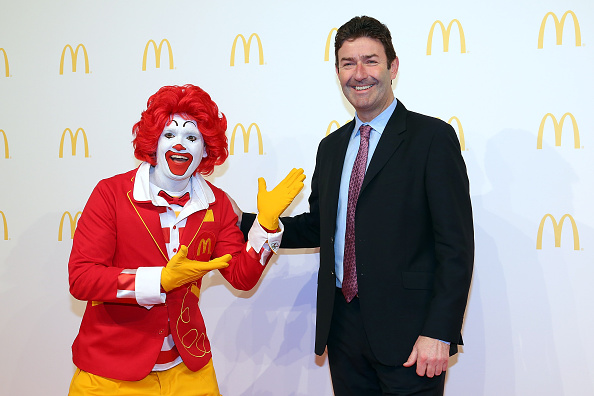DEBATE: Was MacDonald’s right to sack its chief executive for a consensual relationship with an employee?

Was MacDonald’s right to sack its chief executive for a consensual relationship with an employee?
Martin Townsend, a partner at communications consultancy Pagefield, says YES.
“You can’t help who you fall in love with” is one of the great romantic clichés.
Unfortunately, if you are the £12.3m-per-year boss of McDonald’s, this is not an excuse you can serve up – with or without fries.
When Steve Easterbrook, the company’s Watford-born chief executive, embarked on a relationship with an employee, it mattered not a jot that he was divorced or that the affair was consensual. The company’s rules ban relationships with “direct or indirect subordinates”. Easterbrook was fired and accepted the decision.
Was this an overreaction? Of course not. We live in the age of #MeToo, and McDonald’s has been facing claims about the sexual harassment of staff. Easterbrook’s case may have been unconnected, but it won’t have helped.
But even without these factors, any relationship between a boss and subordinate has the whiff of an unfair power dynamic about it. It neither looks nor feels right in a working environment – and any attempt to make it seem so is clutching at stripy straws.
Emma Long, commercial director of BizSpace, says NO.
With Britons spending so much time at the office, and lines increasingly blurring between home and work, we need to take a modern approach to romances.
One in five couples meet at work, while 1.4m couple-run firms exist in the UK, proving that successful relationships and successful businesses can coexist. Conducted maturely, an office romance should not affect either individual’s judgement, nor the wider team.
We do not know whether Steve Easterbrook’s consensual relationship had any negative effect on McDonald’s, though the share-price reaction suggests that investors would have preferred him to stay. The difficulty in this case is the seniority of Easterbrook. But this is also not uncommon: US research suggests that 22 per cent of workers have dated their boss.
The stakes are always high: couples meeting at work are more likely to marry than those meeting elsewhere, but six per cent of workers have left a job after a romance ended. Still, workplace romances should not automatically be a sackable offence.
Main image credit: Getty